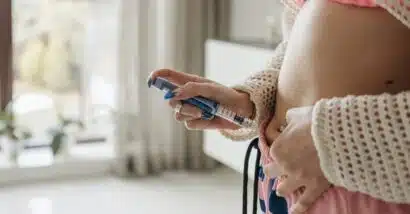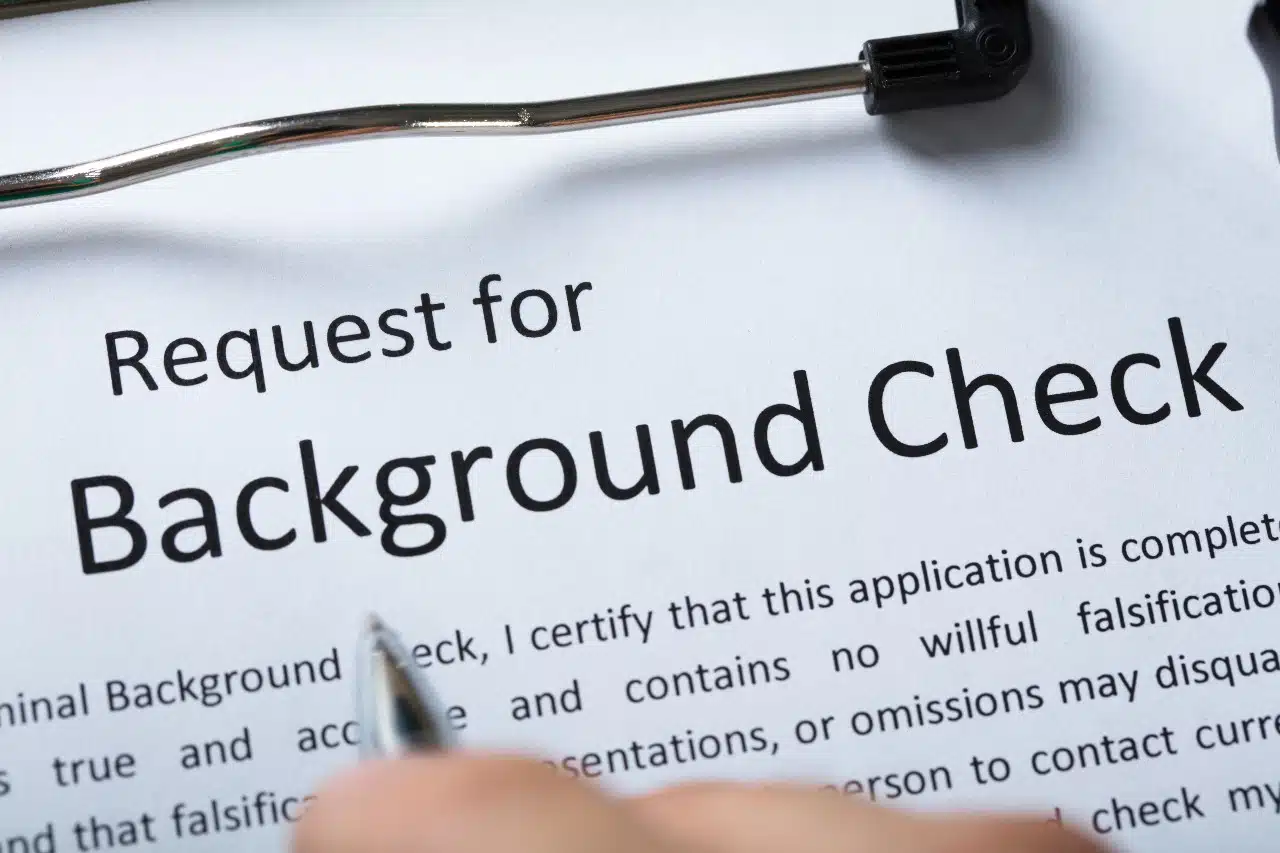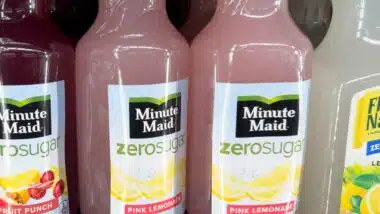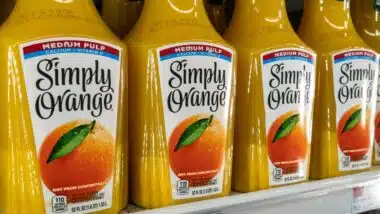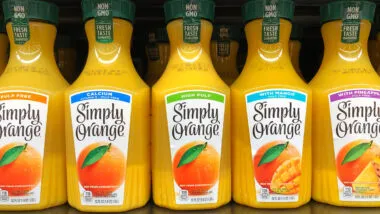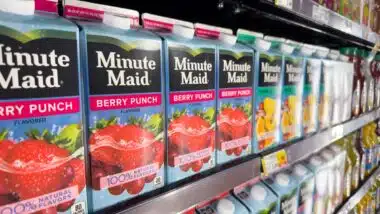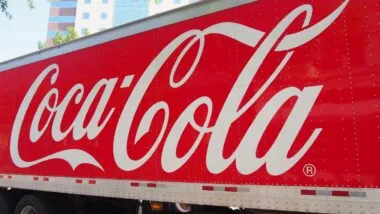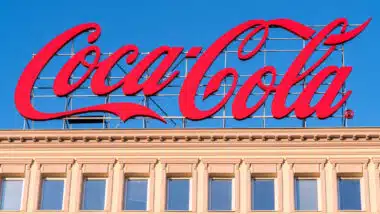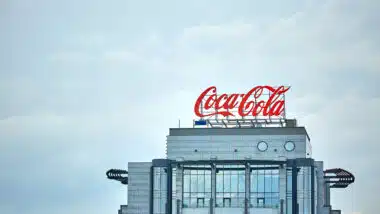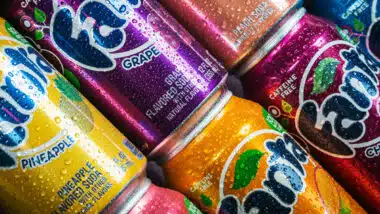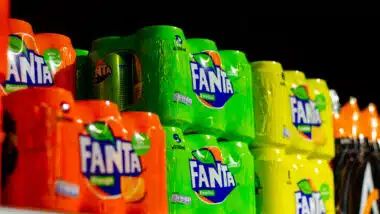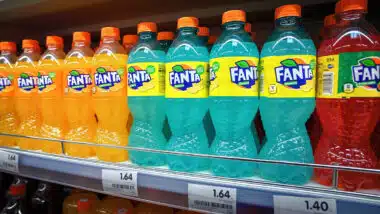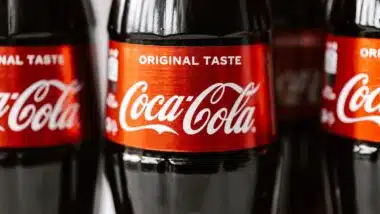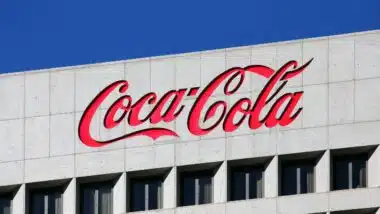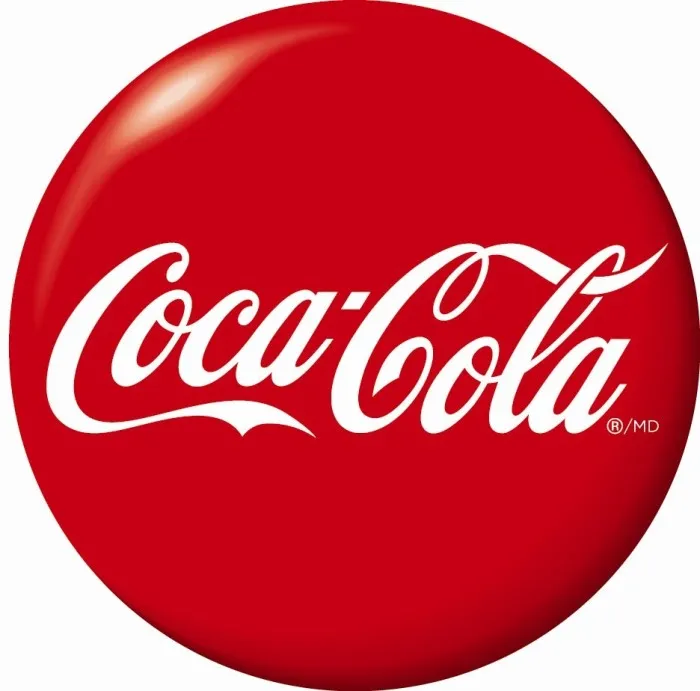 Coca Cola is facing a Telephone Consumer Protection Act (TCPA) lawsuit and wants the class action lawsuit dismissed.
Coca Cola is facing a Telephone Consumer Protection Act (TCPA) lawsuit and wants the class action lawsuit dismissed.
The soda company states that the plaintiff party had given their consent during a football game when they texted their votes for their preferred teams.
Under the TCPA, companies are prohibited from sending text message spam or spam calls to home or mobile phones without prior consent from the recipient. In addition, text message spam and spam calls made by automated dialing systems are also considered a TCPA violation.
Coca Cola had allegedly sent text message spam to the lead plaintiff and numerous other recipients, following a promotion at a college football game.
Overview of TCPA Allegations
Coca Cola is requesting a summary judgment for the TCPA class action lawsuit, filed by Alabama college football fan Wesley P. According to the claim, Wesley had texted supporting texts to his team after seeing an invitation to do so on a jumbotron in 2011.
Soon after, Wesley started receiving text message spam from the Coca Cola. These spam messages included requests for his date of birth, requests to join contests and a message asking him to join the Coke Zero mobile list. When Wesley allegedly started receiving this text message spam he repeatedly tried to get it to stop, he says in his text message spam class action lawsuit.
However, Coca Cola stated that Wesley sent back a text that indicated he “understood that by sending these text messages, he provided his mobile phone number.”
Furthermore, the contends that Wesley understood that he was participating in the Coke Zero promotion, and that he did not consider any of the messages as text message spam. In addition, Coca Cola states that by giving his number for that promotion, Wesley had given consent to receive the messages.
Furthermore, Coca Cola denied any other TCPA allegations, arguing that it did not use an automated dialing system to send out the messages. According to the TCPA class action lawsuit, Wesley states that he did not get any response texts, and that he did not know how the company gathered such information.
The charts drawn up by Coca Cola state otherwise, showing that Wesley received the messages. Despite the strong effort, Coca Cola did not succeed in getting the claim fully dismissed.
While an Alabama federal judge reduced the action, the judge allowed the TCPA claims to move forward regarding the initial text message from Coca Cola. The judge further said that the claim did not allege that Wesley gave his number to the soda company, but rather that his number was somehow “captured.”
According to the judge’s ruling, a 1992 Federal Communications Commission order stated that if a number is “captured” by caller ID or similar device the caller did not give his or her permission to receive calls.
Ultimately the judge rejected Coca Cola’s argument that it had received consent to send the text message based on the information given on the scoreboard.
This TCPA Class Action Lawsuit is Phillips v. Mozes Inc. et al., Case No. 2:12-cv-04033, in the U.S. District Court for Northern Alabama.
Join a Free TCPA Class Action Lawsuit Investigation
If you were contacted on your cell phone by a company via an unsolicited text message (text spam) or prerecorded voice message (robocall), you may be eligible for compensation under the Telephone Consumer Protection Act.
ATTORNEY ADVERTISING
Top Class Actions is a Proud Member of the American Bar Association
LEGAL INFORMATION IS NOT LEGAL ADVICE
Top Class Actions Legal Statement
©2008 – 2025 Top Class Actions® LLC
Various Trademarks held by their respective owners
This website is not intended for viewing or usage by European Union citizens.

